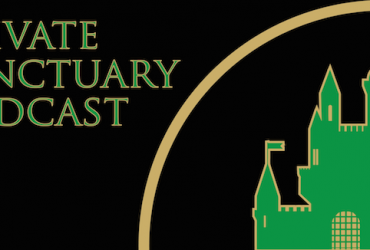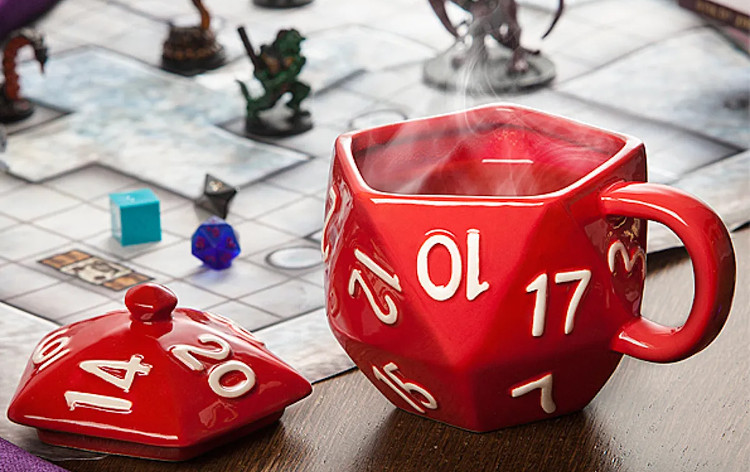There are all types of games for all types of gaming groups. They range from grim-dark, gritty, realism to swashbuckling high adventure in fantastic realities and landscapes. I’ve found, much to my chagrin, that players tend to prefer the latter while I (and many other GMs) have a preference for the former. We play games in a fictional world, in a game setting where things are make-believe. But what is so different about these two game times that sets GMs and players apart? The answer, on the surface, is a simple one. Players want to feel powerful and amazing. They want their characters to do great and magnificent things. GMs tend to want to rein that in, control the narrative, keep players from going too wild. These two goals are often at odds and can create a significant amount of tension within the group.
But it doesn’t have to. Players can be amazing and powerful and GMs can keep a focused narrative. Ultimately, I think it’s a matter of consequence. Specifically, consequences of player actions (or lack thereof) and having those consequences get back to – and affect – your players.
Players tend to run a bit wild when their actions don’t have consequences. They pillage, loot, and murder NPCs to their hearts’ content because it’s part of the game – and rightfully so. But in my experience, when things start to get carried away is when players focus too much on this aspect and disregard elements of the narrative and background. In short, they start thinking more like players at the table and less like characters in the narrative.
Case in point, the first Pathfinder game I ever ran was a homebrew set in on a continent divided between three warring nations. Players were hired as agents by one of those nations to investigate stuff within a border region since all the guards and soldiers were doing war-like things. You know, typical contractor-style work for PCs. In this case, the investigation was to verify reports of necromancy within a small town and deal with it. The PCs dutifully did their door-kicking and head-bashing deal and apprehended the necromancer. Before killing him they learned his actual plot was to spread a zombie-like disease throughout the region.
This was my hook for the next part of the adventure, figure out the source of the plague, stop it, and uncover a tidbit for the next plot. That tidbit, was a clue that the real conspirators of the zombie plague was a neighboring nation hoping to weaken the PC’s home nation’s borders. Well, that was the idea. Except my players heard the words, “zombie plague” and took a look at their character sheets, “I’m only level three. I get disease immunity at level five… let’s go gain XP and deal with this problem later!”
They decided to go for a walk into the wilderness and not return until they’d leveled up. This translated to: Walk around, stir up trouble, kill the trouble, and loot any and all associated bodies. All things considered, it ended up being quite the zany side quest that took them far across the continent where they established a small settlement after taking out local gym leaders chieftains. Having reached Level: Disease Immunity, they return to their home kingdom only to find the region almost completely overrun by undead. Those areas that weren’t were either at war with or occupied by aforementioned dabbling neighboring nation who’d used the opportunity to sweep in and conquer large swaths of territory.
They turned to me with their little doe-like player-eyes with a look of abject betrayal. To which I responded, “This place needed heroes. You decided that you weren’t going to be heroes. So look what happened.”
Actions have consequences. As a GM you can convey aspects of gritty realism – even in a fantastic world – by sculpting the narrative around consequences to player actions.
Have a similar story you want to share? I’d love to hear about it. Let me know in the comments section below!





